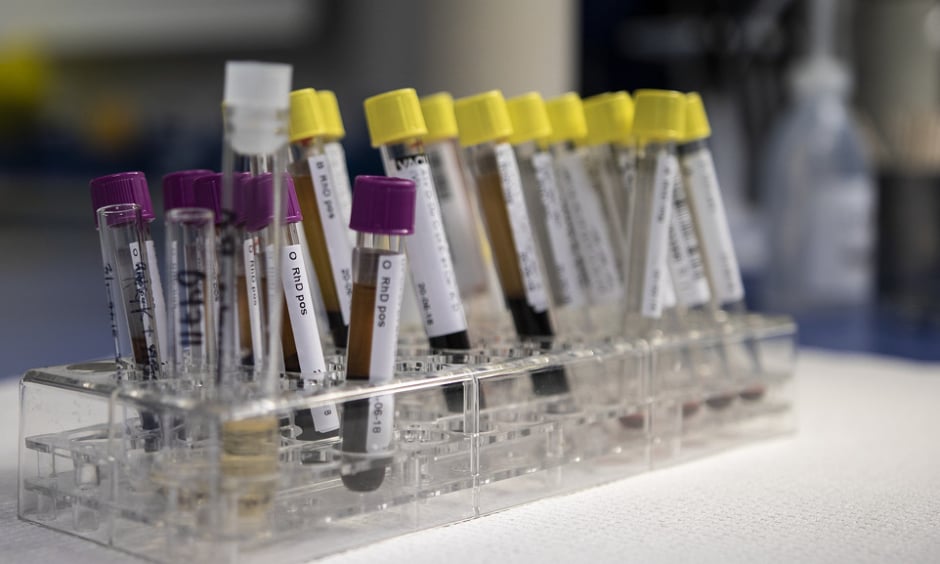DIAGNOSING cancer at an early stage is acknowledged as one of the best ways to achieve the best possible outcome for patients. With the incidence of cancer increasing each year, improved early diagnosis is imperative for beating the cancer and saving lives.
The three most common cancers worldwide are lung, breast (>2 million diagnosed cases per year), and colorectal (just under 2 million cases per year). The diagnosis of these and other cancers is currently confirmed using laboratory tests, for example, blood and urine tests; biopsy; endoscopy; and imaging techniques, such as MRI and X-rays. However, these methods can only detect cancer in the presence of a specific mutation or biomarker, which means that currently there is no single, catch-all test to quickly and efficiently diagnose a patient with cancer.
In order to address this problem, researchers at the University of Bradford, Bradford, UK have partnered with a tech company to develop a blood test that is capable of indicating when a patient might have cancer of any kind, thereby allowing physicians to quickly identify patients who would benefit from further testing and treatment. The test works by exposing the DNA of white blood cells to ultraviolet light, thus demonstrating the cells’ susceptibility to damage and any cancer that may be present. Damage to the cells was noted to take the form of a comet tail. Since the DNA of patients with cancer is more easily damaged by the ultraviolet light, the comet tails in these samples will be longer than in patients who are healthy.
In 2014, the test successfully identified 93% of cases of three different types of cancer from a sample; however, the next step was to improve this by finding out why the test was later unable to distinguish 60 healthy samples from 700 colorectal and prostate cancer samples. By teaming up with Paris-based tech company IMSTAR, the team were able to further develop the system so that it was able to identify the 60 cases successfully. The next step will be to further develop this technology into a universal test for cancer that could revolutionise cancer detection in the future.







